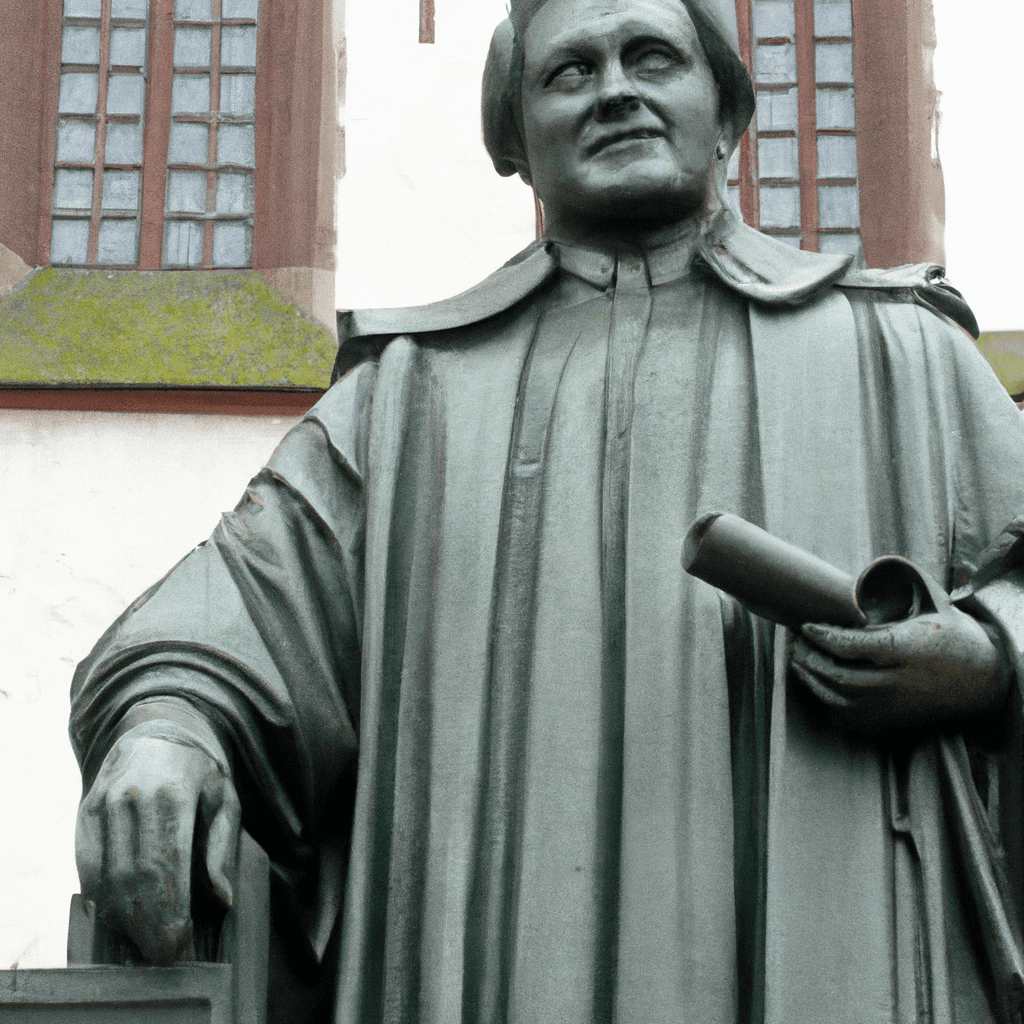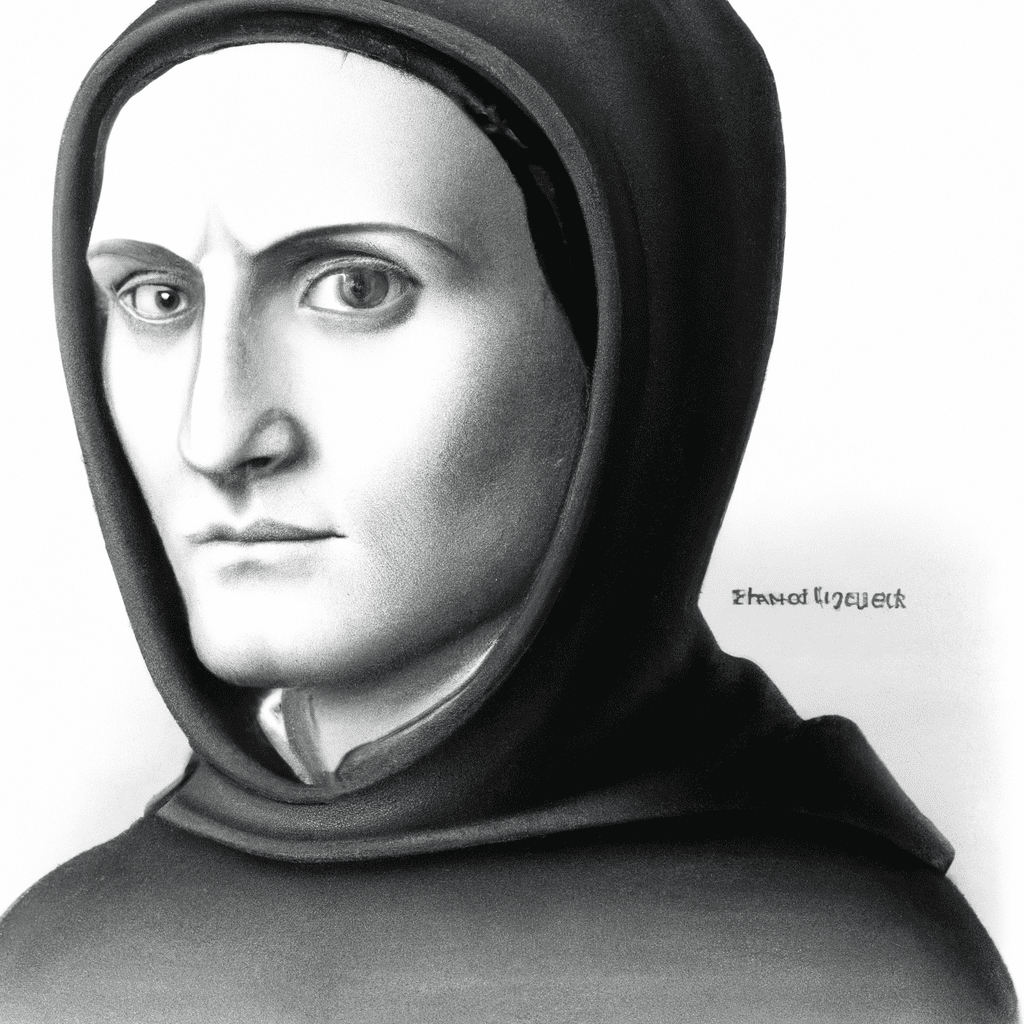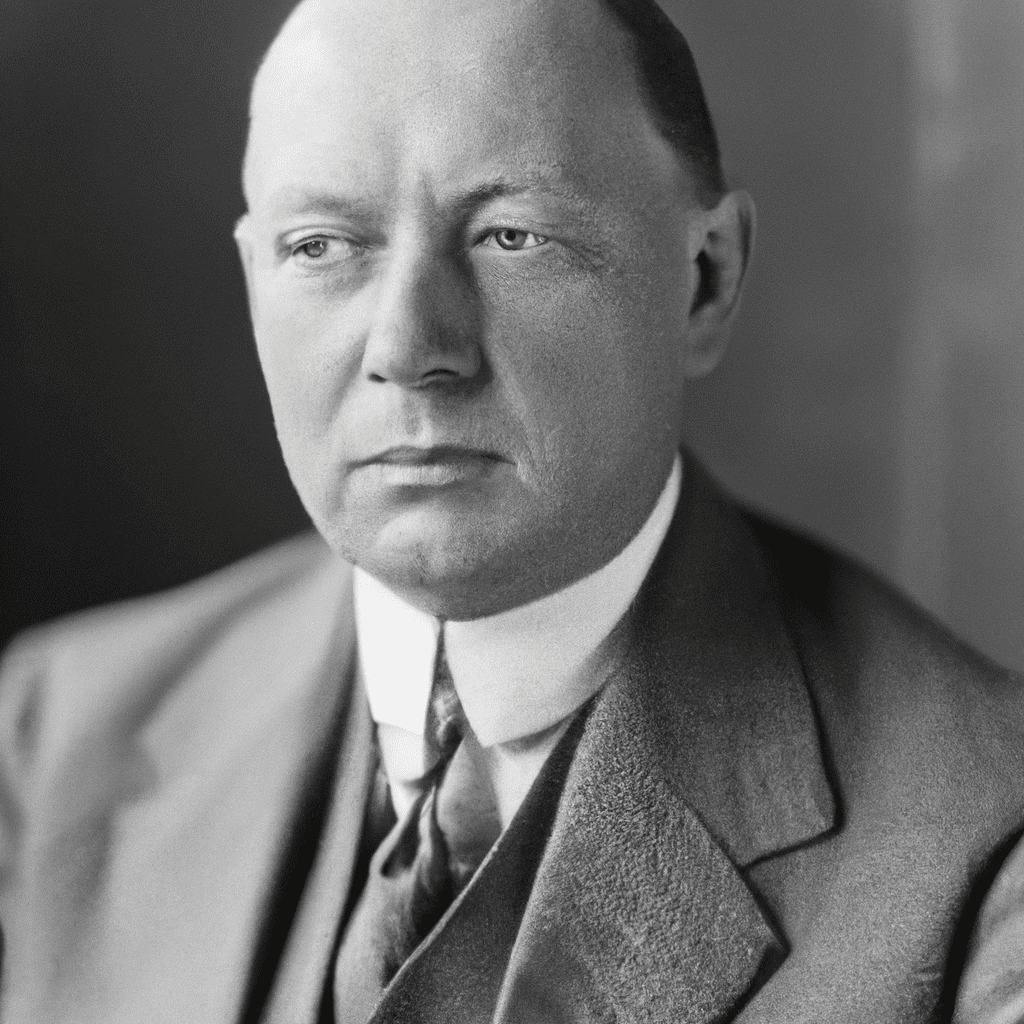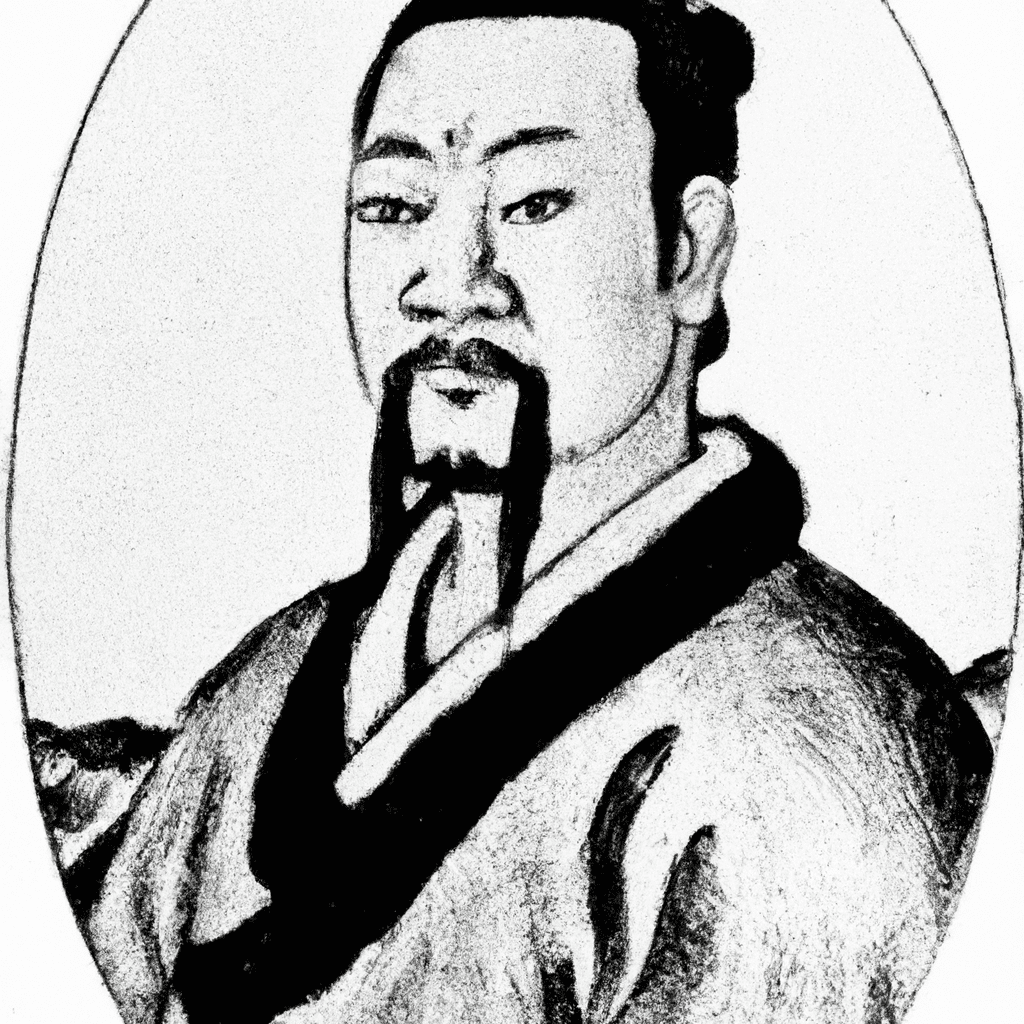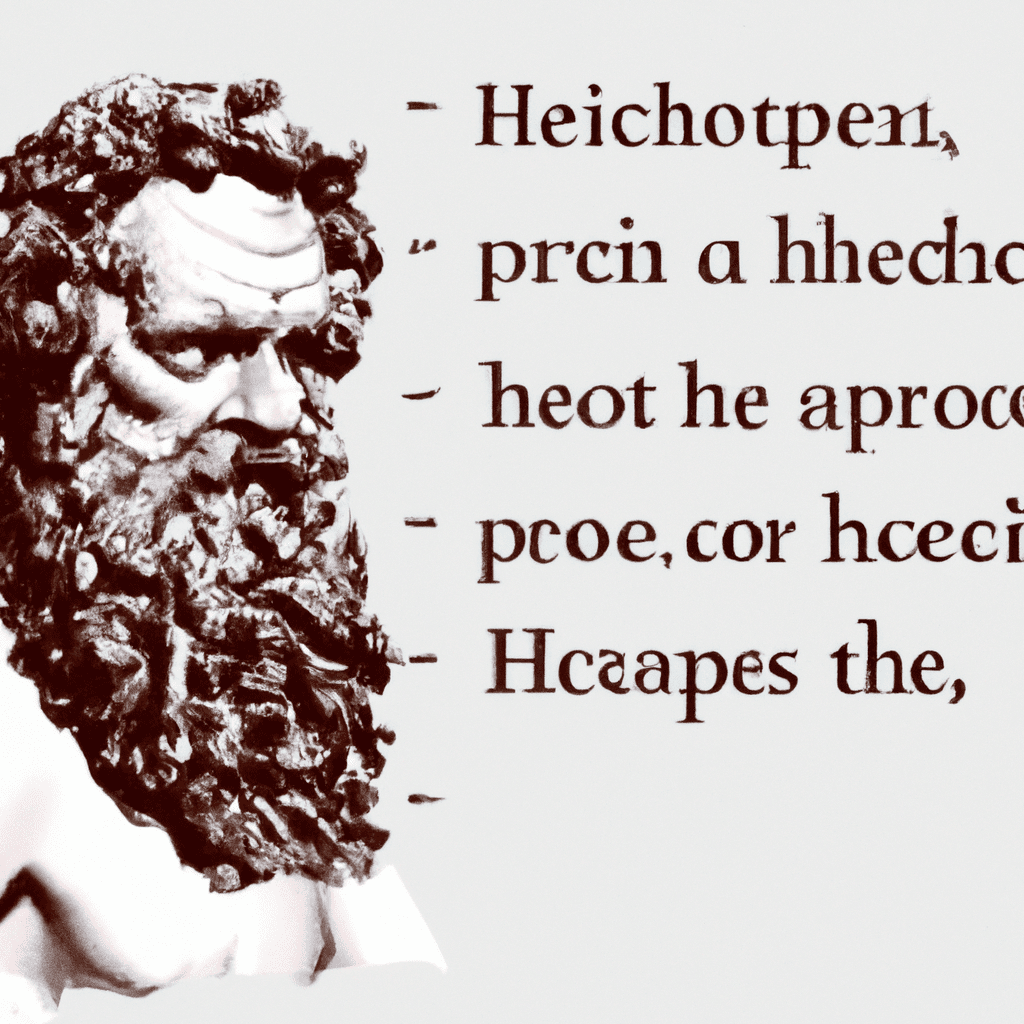Martin Luther (1483—1546) German theologian, professor, pastor, and church reformer. Luther began the Protestant Reformation with the publication of his Ninety-Five Theses on October 31, 1517. In this publication, he attacked the Church’s sale of…
Categoria di navigazioneFilosofia Wiki
Giordano Bruno (1548—1600)
Giordano Bruno (1548—1600) Giordano Bruno was an Italian philosopher of the later Renaissance whose writings encompassed the ongoing traditions, intenzioni, and achievements of his times and transmitted them into early modernity. Taking up the medieval…
Environmental Ethics
Environmental Ethics The field of environmental ethics concerns human beings’ ethical relationship with the natural environment. While numerous philosophers have written on this topic throughout history, environmental ethics only developed into a specific philosophical discipline…
William David Ross (1877—1971)
William David Ross (1877—1971) Sir William David Ross was a British philosopher, college administrator, WW I veteran, civil servant, and humanities scholar best known for his important contributions to moral philosophy and the study of…
Wang Yangming (1472—1529)
Wang Yangming (1472—1529) Wang Yangming, also known as Wang Shouren (Wang Shou-jen), is one of the most influential philosophers in the Confucian tradition. He is best known for his theory of the unity of knowledge…
Dualismo e mente
Dualismo e mente I dualisti nella filosofia della mente sottolineano la differenza radicale tra mente e materia. Tutti negano che la mente sia la stessa cosa del cervello, and some deny that the mind…
Immortality
Immortality Immortality is the indefinite continuation of a person’s existence, even after death. In common parlance, immortality is virtually indistinguishable from afterlife, but philosophically speaking, they are not identical. Afterlife is the continuation of existence…
Responsabilità
Responsabilità Valutiamo persone e gruppi come responsabili o meno, a seconda di quanto seriamente si prendono le proprie responsabilità. Spesso lo facciamo in modo informale, attraverso il giudizio morale. A volte lo facciamo formalmente, for instance in legal…
Heraclitus (fl. c. 500 B.C.E.)
Heraclitus (fl. c. 500 B.C.E.) A Greek philosopher of the late 6th century BCE, Heraclitus criticizes his predecessors and contemporaries for their failure to see the unity in experience. He claims to announce an everlasting…
The Indeterminacy of Translation and Radical Interpretation
The Indeterminacy of Translation and Radical Interpretation The indeterminacy of translation is the thesis that translation, Senso, and reference are all indeterminate: there are always alternative translations of a sentence and a term, and nothing…

